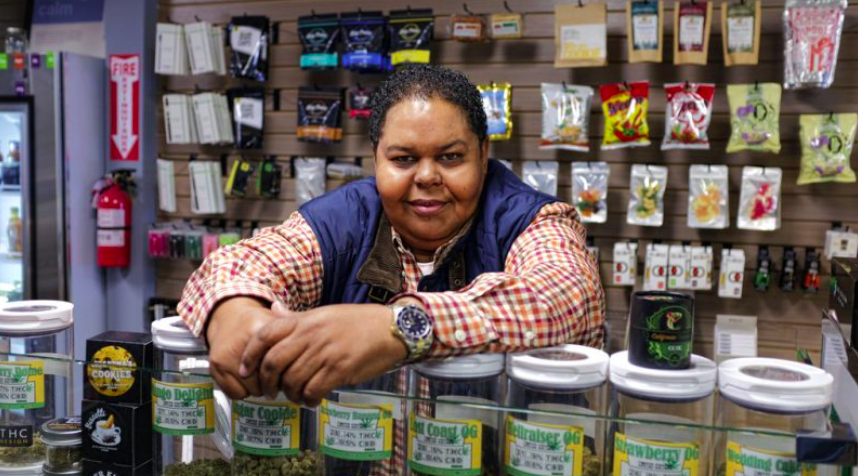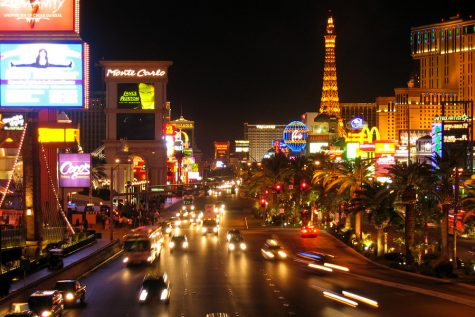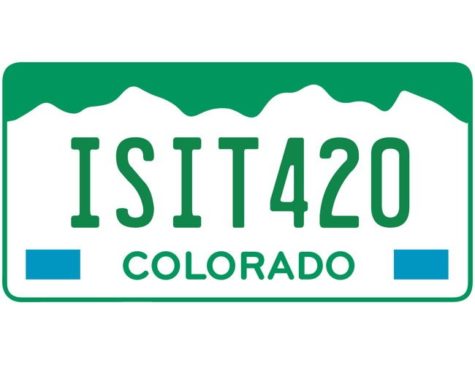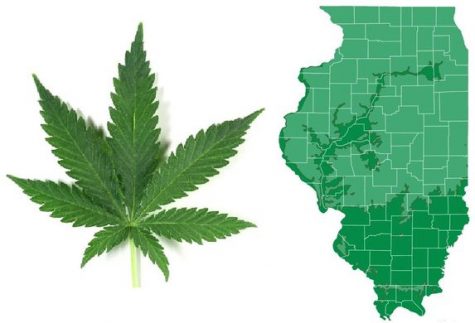California’s social cannabis market prices may jump to 70 percent, bring sticker shock to consumers
When legal social cannabis sales begin in 2018, California’s new taxes and fees on cannabis will cause a sticker shock for consumers.
A small bag of good quality medical cannabis costs $35 in Los Angeles, enough to roll five or six joints. In 2018, that same cost is expected to increase at the retail counter to $50 or $60, therefore a 70 percent jump. As for medical cannabis, products are expected to rise in cost too but not as steeply.
However, higher taxes for businesses and consumers may prompt an illegal market. According to Donnie Anderson, a Los Angeles medical cultivator and retailer, the higher level of state taxation next year is “just going to help the illicit market thrive.”
California has been moving toward a sprawling plan in order to reshape its long-standing medical and illegal markets into a multibillion-dollar regulated economy. The path to legalization began when voters approved Proposition 64, a voter initiative to legalize adult use cannabis.
The plan affects local governments rates on taxes and sales as well, that vary from city to city and county to county.
In the agricultural hub of Salinas, southeast of San Francisco, voters approved a tax that will eventually rise to $25 for a square foot for space used to cultivate the plants, whereas in Humboldt County, rates will range from $1 to $3 for a square foot for cultivation space.
But industry leaders said cities will be unlikely to issue business licenses by Jan. 1, and the state has yet to release its plan to govern the estimated $7 billion market, the nation’s largest legal cannabis economy.
Adam Spiker, executive director of the Southern California Coalition, an industry group, warned last month the Los Angeles draft of cannabis rules could affect the emerging industry by failing to provide a way to license suppliers, that may consequently have to shut down their facilities. He is also unsure whether the city will be able to issue licenses on Jan. 1.












